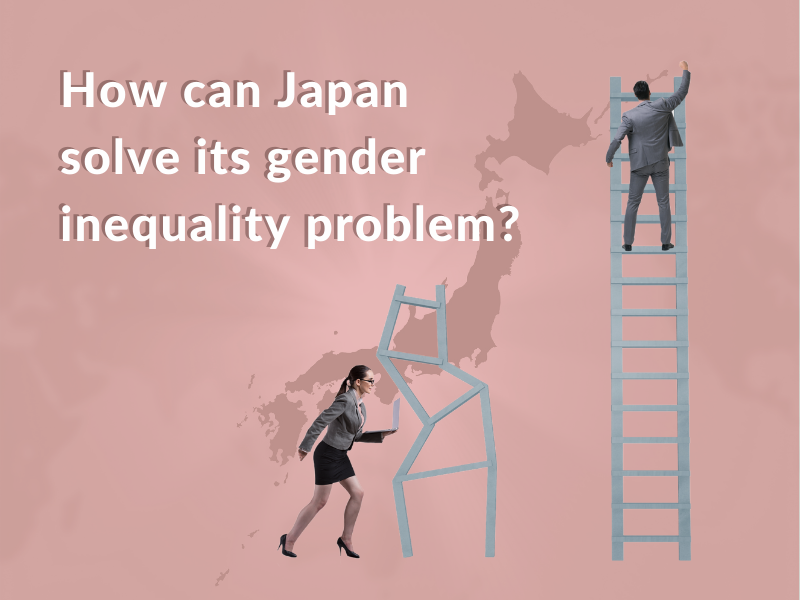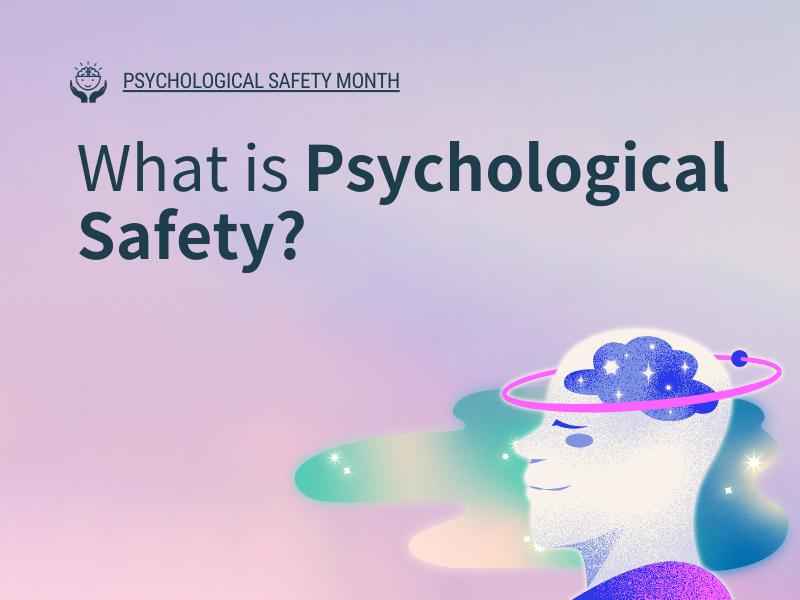The key to all of this is psychological safety. This means that each member of an organization should feel comfortable being open and honest in their communication, and not be worried that their career or reputation will be hindered or attacked if they say something that may be hard for others to hear.
For teams to be diverse, psychological safety is crucial, both in terms of cohesiveness and in ensuring the wellbeing of all members. This also contributes to whether a team can be considered truly inclusive, rather than just paying lip service. All of this leads to better performance.
Firms must start pursuing this goal and measuring progress regularly. Through this process, women will be able to participate more freely in discussions and decision-making. Consequently, more innovative paths can be discovered, a more inclusive environment will be created, and Japanese firms will become more sustainably competitive.
Creating psychological safety within an organization is not easy. It is a multi-year process, and it requires intentionality. You have to change people’s behavior, which is one of the hardest things to do within companies, especially for demographics that have had it their own way for a long time.
This is one of the reasons we created Attuned.

Through psychological research delivered by AI-powered software, we are enhancing the ability of managers at many large Japanese enterprises to understand people different from themselves. The platform shows intrinsic motivations that were previously unseeable, and thus nearly unknowable. By objectively understanding someone else’s motivation, you can begin to communicate with them in the way that they are best communicated with, rather than the way that feels most natural to you.
Understanding is the building block of compassion, and mutual understanding leads to more inclusivity, and thus greater psychological safety.
Imagine what could happen if every organization in Japan started to measure their level of psychological safety and worked continuously towards improving it. If companies treated their psychological safety score the same way they do the rest of their KPIs, we would have more equitable workplaces in a meaningfully short period of time. We might also have a more innovative society, a more internationally competitive business environment, and a level of gender equality that would make comparisons with places like Saudi Arabia seem absurd.
This article was first published on Globis Insights. To read it in its original form, please visit: https://globisinsights.com/global-japan/japan-gender-inequality








